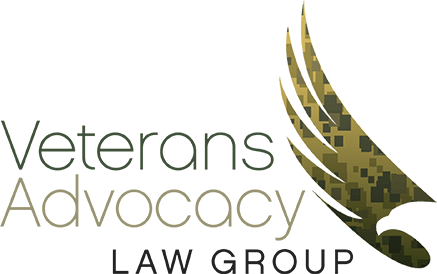Transfer of SDVOSB-VOSB Certification to SBA: What You Need to Know
The recent transfer of the Service-Disabled Veteran-Owned Small Business (SDVOSB) and Veteran-Owned Small Business (VOSB) certification program from the Department of Veterans Affairs (VA) to the Small Business Administration (SBA) has raised several questions among business owners looking to take advantage of government contracting opportunities. In a webinar hosted by Colorado Impact Accelerators, a boutique law firm specializing in various legal areas, experts shed light on the implications of this transfer and answered common queries about the process. Here are the key takeaways from the presentation:
1. Validity of Current CDE Verification:
Businesses that are currently verified by the Center for Verification and Evaluation (CDE) will retain their verification status as long as it was granted within the past three years. This means that businesses don't have to worry about losing their eligibility due to the transfer.
2. Re-Verification Process:
The process for re-verification under the SBA remains similar to the previous CDE process, but with the added convenience of a more user-friendly website. While the overall eligibility standards haven't significantly changed, some minor modifications have been made. For instance, the requirement for demonstrating "good character" has been removed, purchase rights have been freed up, and the physical proximity requirement has been eliminated.
3. Role of SBA in Verification:
It's important to note that the SBA will not determine who qualifies as a veteran or service-disabled veteran. The definition of a veteran remains the same under Title 38 of the US Code. Instead, the SBA will rely on information provided by the VA regarding veteran status. The SBA will not review an individual's service history.
4. Impact on Self-Certified Businesses:
The most significant change resulting from the transfer is that businesses must now be verified in order to compete for set-aside contracts within the VA. However, for non-VA set-aside contracts, businesses can continue to self-certify until 2023, as long as they have a pending application with the SBA. This allows for a transition period during which businesses can adjust to the new verification requirements.
5. Considerations for Subcontractors:
Self-certification by businesses will still count towards agency goals for subcontracting. It's crucial for subcontractors to stay vigilant and actively engage with the SBA to ensure compliance with verification requirements. If necessary, seeking outside legal counsel can provide valuable guidance.
6. Quota-Based Nature of the SBA Program:
Compared to the VA program, the SBA's program operates on a more quota-based framework. This flexibility enables the SBA to set aside contracts for specific categories, which can be advantageous for businesses seeking to avoid competition with larger companies. Additionally, subcontracting opportunities and marketing advantages are among the benefits associated with the SBA program.
7. Filing Pre-Award Protests:
In the event that the VA fails to set aside a procurement, small businesses have the option to file a pre-award protest. The speakers explained the conditions for filing a protest and the process for determining whether the contracting officer made reasonable efforts to ensure compliance with the "rule of two," which requires considering veteran-owned small businesses when awarding contracts.
8. Guidance and Resources:
The speakers emphasized the importance of seeking assistance when applying for SDVOSB or VOSB verification. The SBA provides resources such as helplines and dedicated phone numbers to support businesses through the process effectively.
9. One-Year Extension:
The webinar also covered the one-year extension for the BA, CBA program, which will start after 2026 and is automatic for current program participants. This extension provides time to migrate the database and address any technical challenges. Importantly, the extension alleviates the burden of the ordinary renewal process for new applicants and ensures a smooth transition.
10. Certification Renewal:
While the one-year extension is a one-time occurrence, businesses will still need to undergo the renewal process every three years. The speakers stressed the importance of creating an account on the Vet Site website to stay updated on certification status. Although certification will transfer over to the new SBA system, businesses will need to create a new login for the revamped website.
11. Requirements and Assistance:
The requirements for the program, including ease of renewal, remain the same as before. In case businesses require any assistance, the SBA helpline and phone number offer valuable support.
12. Ownership and Decertification:
Ownership in multiple businesses is permitted, provided the veteran can demonstrate day-to-day control over all the businesses. However, to qualify for the program, a business must be veteran-owned and meet the size requirements for the specific NAICS code it pertains to. It is crucial for businesses to ensure compliance to avoid the risk of decertification.
In conclusion, the transfer of SDVOSB-VOSB certification to the SBA has brought about several changes and opportunities for businesses seeking government contracts. Staying informed, actively engaging with the SBA, and seeking professional assistance when necessary will help businesses navigate through the verification process successfully. By understanding the implications and requirements, businesses can capitalize on the benefits offered by the SBA program and position themselves for success in the government contracting arena.


